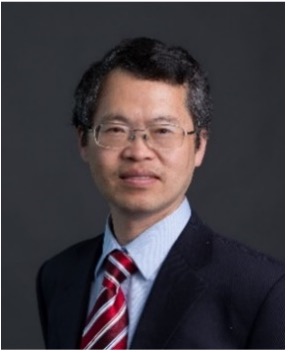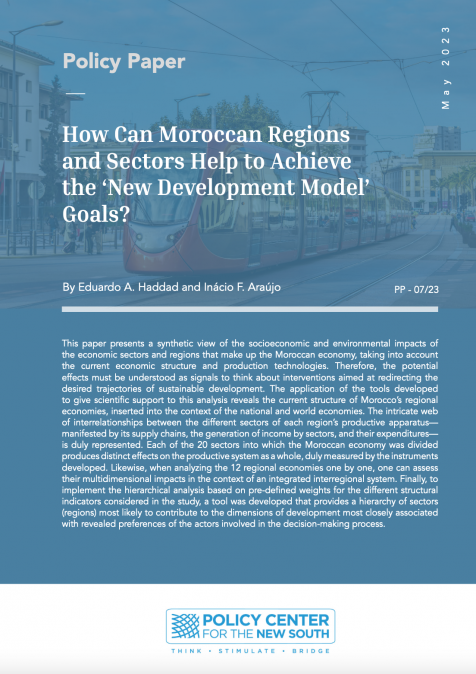Commodity Markets Outlook, Urbanization & Commodity Demand In partnership with the World Bank
Rising commodities prices are a common concern whether at the consumer level, or large industrials and fortune 500s. While the evolution of consumer prices was close to 2% in the USA and stuck below 1.5% in Europe pre-COVID, with oil prices and the direction of industrial metals and agricultural raw materials prices in decline, the current situation is just the opposite. Since economies bottomed out in June 2020, energy prices and non-energy commodities including agriculture and metals have soared even begging the question of whether we are entering a commodity super-cycle.
Originally, this movement was initiated by constraints on the supply side: ramifications of weather events on crops, reduced supplies as a result of sanitary measures, tight oil production quotas etc. Logistical operations were not spared by a global trade chaos: insufficient containers; the explosion of marine freight costs etc. Overall, tariffs soared at each step of products value chain which directly transmitted to production factors and prices.
Since then, commodity markets were buoyed by a strong global demand recovery, fueled by a large urbanization movement that had been building up for decades, along with population growth, with the sharpest increase coming from emerging market and developing economies.
In this framework, the Policy Center for the New South in collaboration with the World Bank, organizes a panel to discuss the main findings of the report; featuring both institutions experts.
















